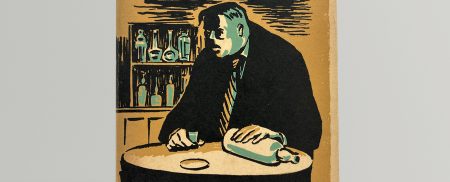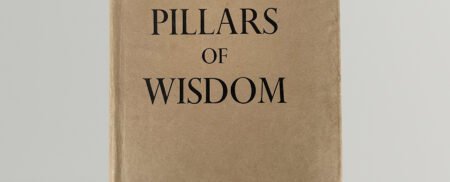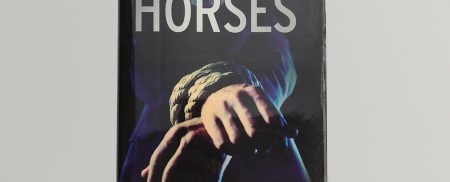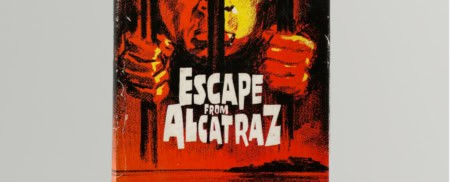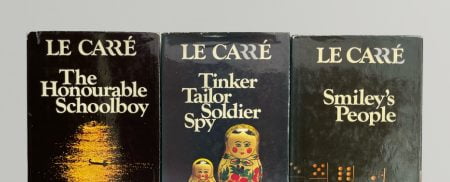The Angry Young Men and their enduring legacy
The Angry Young Men were a group of British writers and playwrights who emerged in the 1950s and made a significant impact on British literature and culture. The term “Angry Young Men” was first coined by the British journalist and critic Leslie Paul in his 1951 review of John Osborne’s play “Look Back in Anger”, which was seen as the movement’s flagship work.
The group included writers such as John Osborne, Kingsley Amis, Colin Wilson, and Alan Sillitoe, among others. These writers were primarily known for their social criticism and their rejection of traditional British literary and social values. Their works often portrayed the struggles of working-class individuals and the frustration and disillusionment of post-World War II Britain.
The Angry Young Men were seen as a reaction against the established literary and social norms of the time, which were seen as elitist, conservative, and disconnected from the realities of everyday life. The group rejected the dominant cultural and social values of their time, such as class distinctions, aristocratic traditions, and the notion of an ordered society. Instead, they championed a new kind of literature that was raw, emotional, and anti-establishment.
Their works were often characterized by their frank and explicit language, their gritty realism, and their exploration of taboo subjects such as sexuality, violence, and mental illness. The Angry Young Men were also known for their use of colloquial language, which was seen as a departure from the more formal and literary language used by previous generations of writers.
John Osborne was one of the most prominent members of the Angry Young Men movement. His play “Look Back in Anger” was seen as a seminal work that helped to define the movement’s aesthetic and thematic concerns. The play tells the story of Jimmy Porter, a working-class man who is frustrated with his life and his marriage to a middle-class woman named Alison. The play explores themes of class, gender, and societal norms, and is known for its frank and controversial treatment of these subjects.
Kingsley Amis was another prominent member of the Angry Young Men. His novel “Lucky Jim” tells the story of Jim Dixon, a young university lecturer who is frustrated with his job and his life. The novel is a satire of British academic life and is known for its sharp wit and irreverent humor. Amis went on to become one of the most successful British writers of the post-war period, and his work continued to explore themes of class, social mobility, and the frustrations of modern life.
Colin Wilson was another important figure in the Angry Young Men movement. His first book, “The Outsider”, was published in 1956 and became an instant bestseller. The book explores the concept of the “outsider” – a person who is disconnected from society and struggles to find meaning in life. The book was seen as a reflection of the existential angst and disillusionment of the post-war period, and it helped to popularize the concept of the outsider in popular culture.
Alan Sillitoe was another member of the Angry Young Men. His novel “Saturday Night and Sunday Morning” tells the story of Arthur Seaton, a young factory worker who rebels against the monotony of his life and his working-class roots. The novel is known for its gritty realism and its portrayal of the struggles of working-class life in post-war Britain. Sillitoe went on to become one of the most successful British writers of the post-war period, and his work continued to explore themes of class, social mobility, and the frustrations of modern life.
Overall, the Angry Young Men played a significant role in shaping British literature and culture in the 1950s and beyond. They challenged the established literary and social norms of their time, and their influence can still be seen.
We have a nice set of first editions by members of the “Angry Young Men’ here


